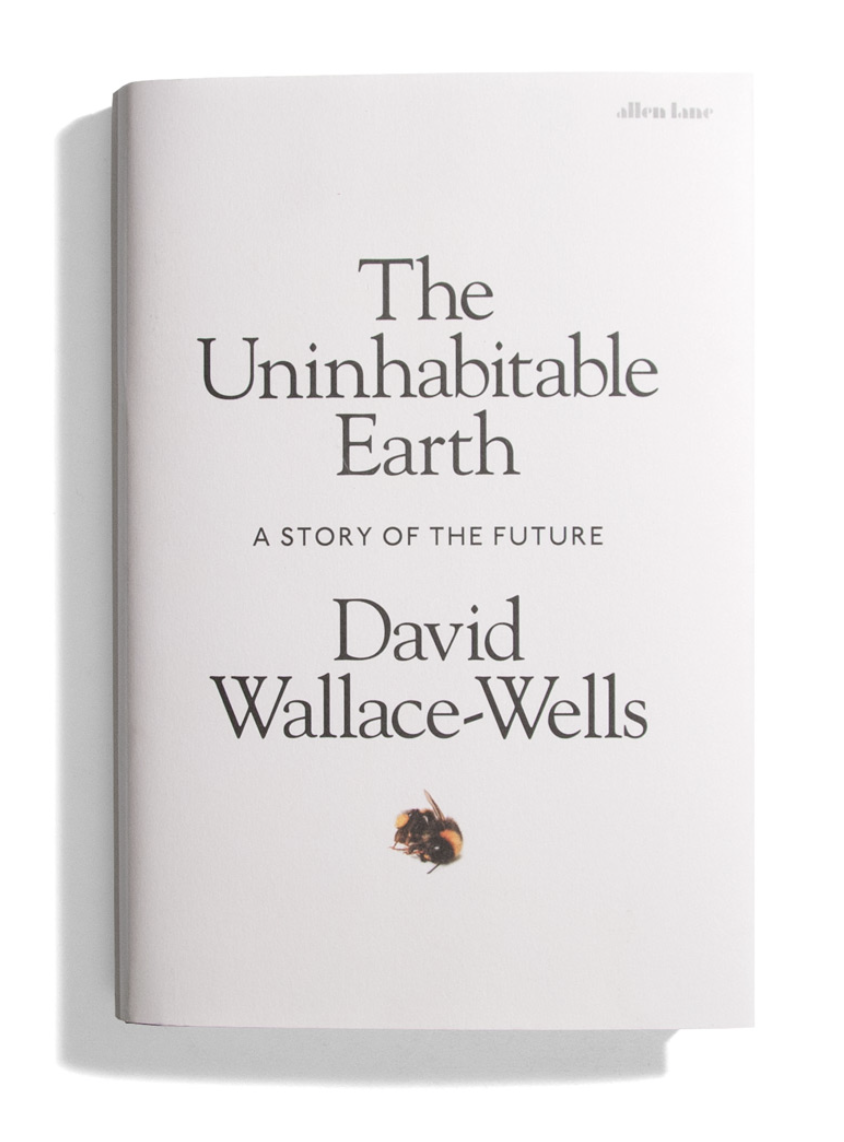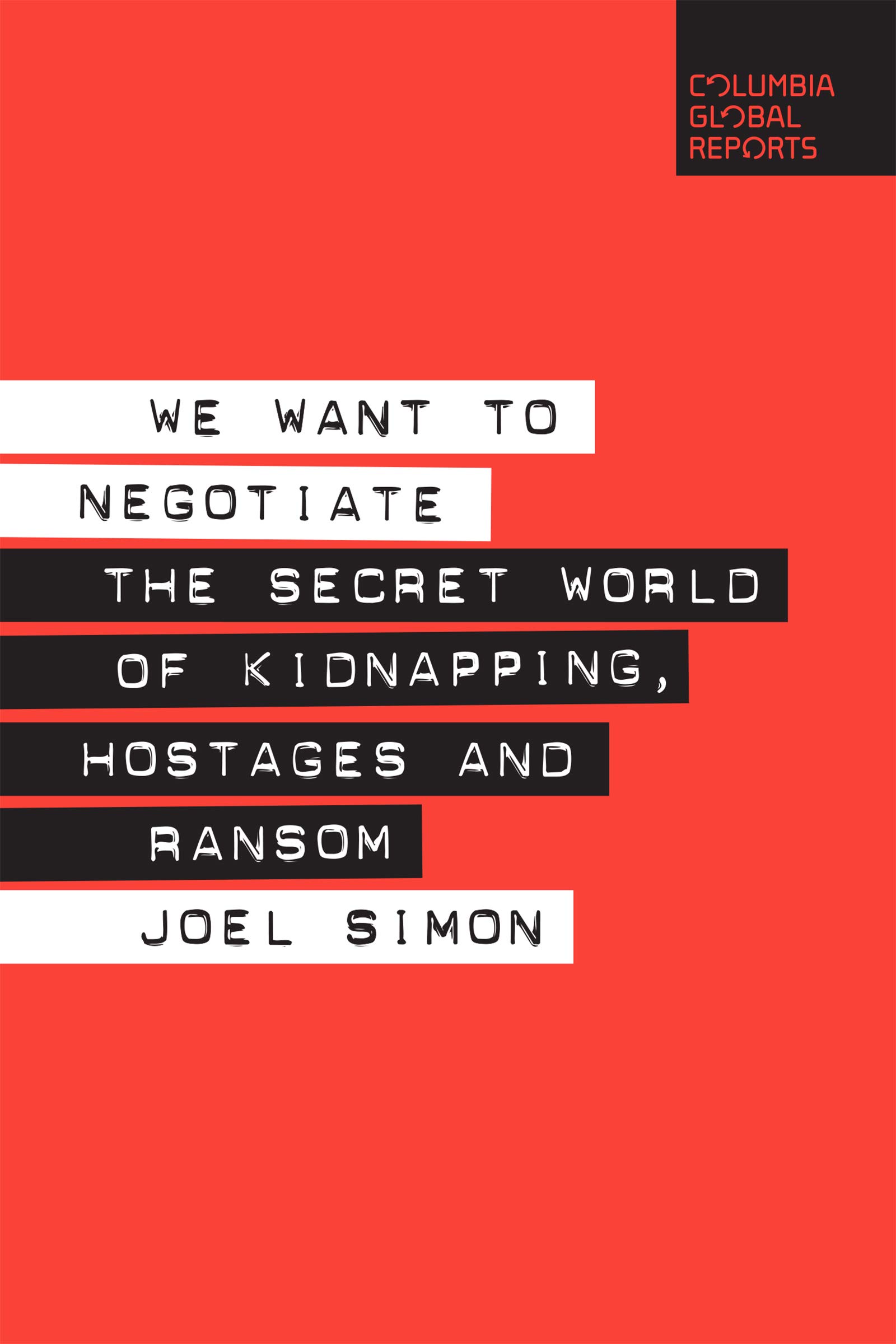

Readings
Published in Edition 13
Readings
This FULLCOVER issue brings you three new reading suggestions. First off, there’s Africa’s Business Revolution, which discusses the African continent — a titan, brimming with opportunity — home to 1.2 billion consumers, and yet a mostly untapped market. The authors believe Africa will become the second fastest-growing region in the world.
The Uninhabitable Earth guides you on a horrifying tour of the consequences of global warming and of the way we live on our planet, appealing everyone to join the battle for the climate. Finally, Joel Simon’s We Want to Negotiate raises a whole new set of questions on the ethics and legality of hostage negotiations, which he does smartly and compellingly, backed by solid research.
Africa’s Business Revolution
Acha Leke, Mutsa Chironga, Georges Desvaux
The word ‘Africa’ immediately triggers thoughts of vast, uninhabited spaces where wild beasts roam free. But there’s something else you need to consider when you think of Africa: business, serious business.
With 54 countries, over 1,000 languages and widely varying socio‑economic frameworks, political conditions, education systems and infrastructures, Africa represents a massive, largely untapped market of 1.2 billion consumers. A giant with multiple possibilities.
Although conceding Africa is ‘not an easy place to do business’ for all the above‑mentioned reasons, the authors believe it’s a continent to watch because of the historic economic shift under way.

In many parts of urban Africa, there are signs an increasing population and per capita income are triggering a rise in consumer demand, reflected in the rapid growth of retail outlets, cell phone networks, restaurants, housing developments and car dealerships etc (even ‘traffic jams’). Other megatrends such as a growing workforce, increased demand for basic services, infrastructures and renewable energy, plus an abundance of mineral resources, are creating big opportunities for businesses.
Statistics suggest the continent is going through significant acceleration, as the overall GDP increases ahead of the world average. It’s predicted Africa will once again become the second fastest region for growth in the world.
The authors give advice on how potential investors should approach the market to ‘win in Africa’. This includes how companies must think in terms of long term investment, as building a pan‑African business may take decades. They must also have clear aspirations and prioritise the most important markets. Innovation is equally key, designing products and services that meet Africa’s needs, truly engaging customers and, of course, utilising technology.
They stress ‘companies that want to succeed in Africa should help to unleash African talent’, make use of the huge working age population (larger than China and India by 2034) and contribute to the social and economic development of the continent.
The authors end the book with a quote from one of its great leaders – Nelson Mandela – who had a dream for a more collaborative and inclusive Africa: “There is no passion behind playing small ‑ in settling for a life that is less than the one you’re capable of living.” Be it in business, or in the endless landscapes, one thing is certain: there’s no playing small in Africa.
Africa’s Business Revolution: how to succeed in the world’s next big growth market. Boston, Massachussets: Harvard Business Review Press, cop. 2018. ISBN978‑1‑63369‑440‑8
The Uninhabitable Earth
David Wallace‑Wells
This book will equally shake you, shock you, frighten you and in the end, leave you depressed. But reading it is a must, because you simply have to know.
This review could almost begin with ’once upon a time, there was a beautiful blue green planet that counted, among its inhabitants, a race called humans. They lived there for thousands of years, until one day, 150 years ago they discovered how to destroy the planet, by starting what was called the industrial revolution’.
The author takes us on a terrifying journey through global warming and the consequences to how we live on Earth. He states climate change is not reversible and it’s changing our planet as we know it, and predicts that soon, in the autumn, trees will turn brown (instead of orange and red), sea levels will keep rising and crops (like coffee plants in Latin America) will decline or even die.

Unfortunately, these are not the only repercussions. The author lists the predictable consequences of climate change, starting with war ‑ reminding that in 2011, one million Syrian refugees fled to Europe due to a civil war influenced by climate change and drought. He goes on to describe the terrible impact of ongoing global warming spells on public health, conflict, politics, food production, urban life and even pop culture.
There are references to the sea level rising around 80 metres by the end of the century, the dying oceans, with mass extinctions of species, the polluted air (in 2017, simply breathing Delhi’s air was the equivalent of smoking more than two packs of cigarettes a day!) and plagues – caused by dormant diseases trapped in the Arctic that if released could bring new pandemics.
Although there have been some breakthroughs, such as carbon capture technology and geo engineering, which could cool the planet by suspending gas in the atmosphere, and other solutions prompted by mankind’s ingenuity, the outlook is bleak.
In the end, the author calls upon the world to take action in the climate crisis battle, because we only have one planet and it is facing extinction.
The Uninhabitable Earth: a story of the future. New York, Tim Duggan Books, cop. 2019. ISBN 978‑0‑525‑57670‑9.
We want to Negotiate
Joel Simon
Being exposed to the subject of kidnap and ransom daily, for the last 24 years, I am always concerned with the psychological and moral consequences, the social implications of kidnapping as well as the political standpoints of different countries. Joel Simon’s book raises an entirely new set of questions in regards to the ethics and legality of hostage negotiation, with intelligence and well‑ researched, persuasive arguments.
It’s a captivating book that engages the reader immediately from the first chapter, not only skillfully and accurately written, but one that requires you to take a position. One cannot stay indifferent and ignore the critical dilemma it raises about the countries’ politics on the terrifying “no concession” policy.
It’s overall, a message pleading for the “right to life.” Without insisting or getting more profound on the psychological effects on hostages left behind, while some are released, it gives us the chance to analyze the chilling brutality of being left alone and lets our imagination build up the desperation of the people involved.

Joel Simon’s narrative is compelling, raw, and indisputable. It’s a “matter of fact” description of circumstances, with no ambiguity or room for interpretation. It tells readers, here are the facts, what are you going to do about it? The book is a moral challenge submitted to our conscience as readers, with all the specifics presented truthfully; it gives us the tools we need to make up our minds and decide where we stand on this subject.
Outside of the local politics, the excellent success of the negotiators in the hostage recovery is a ray of hope for families for whom the principles, policies, and arguments occupy a second place, with the priority being the recovery of their loved one.
The conclusion of the book makes an undeniable statement that at the end of the day, the involvement of governments should be more limited. Instead of making it a political issue, it should be handled more like a crime. If the kidnappers were to realize they cannot negotiate with governments, and gain political profits, it will reduce ransom payments and will de‑politicize this heinous crime. The government’s mission should be, as with any crime, to punish the perpetrators and not the victim.
Review by Iulia Simon, CH Toro International
We want to negotiate: the secret world of kidnapping, hostages and ransom. New York: Columbia Global Reports, cop. 2019. ISBN 978‑0999745427